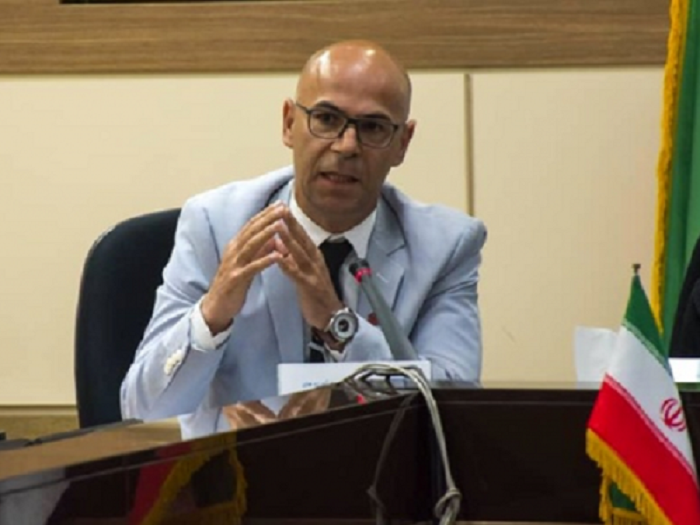Why do Iranian brands die so soon?

A member of the board of the Iran-Canada Chamber of Commerce says that Iranian companies and manufacturers, despite their long-term activity, have not been able to register their name as a global brand.
According to the International Iranian Stone Exhibition, Musa Ahmadzadeh stated: "One of the main challenges that the Iranian economy is facing today is the issue of branding and promoting Iranian goods with a clear identity in the international arena." Iran's economy has a long legacy. Products such as carpets, saffron, pistachios and caviar are known worldwide as Iran, and we basically have no competitors in these areas, but we have never been successful in launching brands that can offer them internationally.
"Today, the global economy is in the hands of multinational brands, some of which are more than 100 years old," he said. "We have no choice but to prepare ourselves to compete with these brands." In this context, the first thing to keep in mind is that not every product leads to branding, and basically to be global, we have to start before production.
Referring to the experience of large companies in gaining global markets, a member of the board of directors of the Iran-Canada Chamber of Commerce and Industry said: And he has red lines, and how can he be satisfied? In this process, more than 17 separate factors are examined and considered. What the audience wants, what competitors are present, what the market will change in the future, what options are available to improve quality, what is price elasticity, and many other factors that, together, determine the fate of a brand. they do.
Ahmadzadeh continued: "In Iran, large companies that have a long life have not been able to comply with all these factors, and in the best case, only a few issues have been considered." The reason that Iran does not have any global and reputable brand comes from the heart of this limitation of thinking.
Referring to the association of industry and academia in developed countries, he said: "In economics, the producer has capital and conditions of production but no knowledge, and the academic researcher has knowledge but no capital. In countries where these two forces have been together and cooperated for a long time, the results have been very successful, but in Iran there is practically no such approach and we have suffered a lot in this area.
Ahmadzadeh, referring to the end of the Iranian brand after a generation of work, explained: In Iran, usually a person who has registered a company and has achieved serious progress from zero to several decades of activity is forced to resign and his children. In many cases, they destroy the existing wealth, regardless of the achievements. If there was a long-term and developed thinking, this company would develop from generation to generation, and finally we could have a reputable global brand in Iran.
* ISNA










